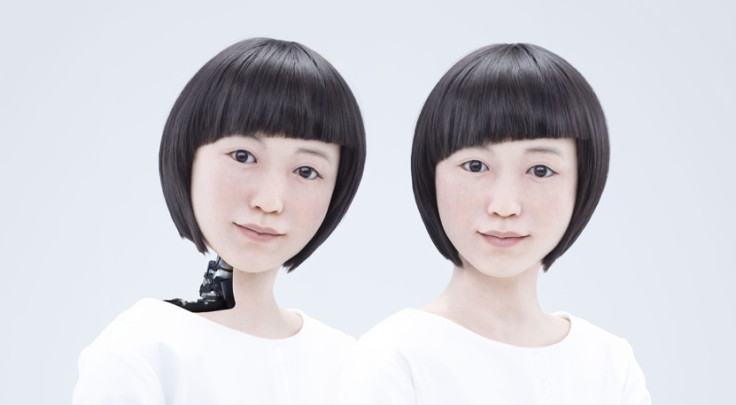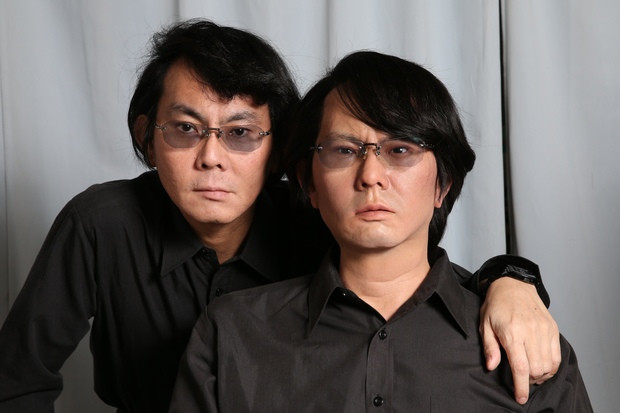Hiroshi Ishiguro: Robots like mine will replace pop stars and Hollywood actors

Humanoid robots will continue to replace humans in ever-more complex professions, according to robotics pioneer Hiroshi Ishiguro.
Speaking to IBTimes UK, Ishiguro said human-like robots similar to the one currently being trialled as a shop assistant in Tokyo, Japan, will soon provide a better alternative to humans in professions that include modelling, acting and even singing
"There are many possibilities, for example an idol singer [pop star]," Ishiguro said. "An android robot is more beautiful, probably, and they never get tired and can keep singing songs forever.
"And how about a fashion model? Or newscasters and receptionists - even famous movie stars. Androids never get old and so you can keep a young identity by creating an android that will last forever."
Ishiguro gained worldwide attention in 2010 after creating an android version of himself that could carry out his duties as a lecturer at Osaka University. His lab has also been responsible for creating an exhibition of humanoid robots designed to be indistinguishable from their human counterparts.

"People watched my android more than they would watch me," Ishiguro said. "I think it's a good way to keep my authority and my identity. Androids never get old, so I'm ready to die."
Intention and desire
Ishiguro's humanoid robots may already be lifelike enough in appearance to be mistaken for a human, however there is still work to do before its brain-interface can replicate that of a human's.
A six-year project is currently under way at Osaka University to develop a form of emotion in the robots through intention and desire. By better understanding these two mental states, Ishiguro believes an empathetic robot can be developed.
"Artificial intelligence is rapidly growing and progressing," Ishiguro said. "For example deep learning. If we use deep learning we can have very much human-like visual functions, auditory functions and probably in the near future the robot can have a human-level intelligence.
"Right now the biggest challenge is to implement intention and desire. Then the robot can have a more complicated internal state and mind."
© Copyright IBTimes 2025. All rights reserved.






















